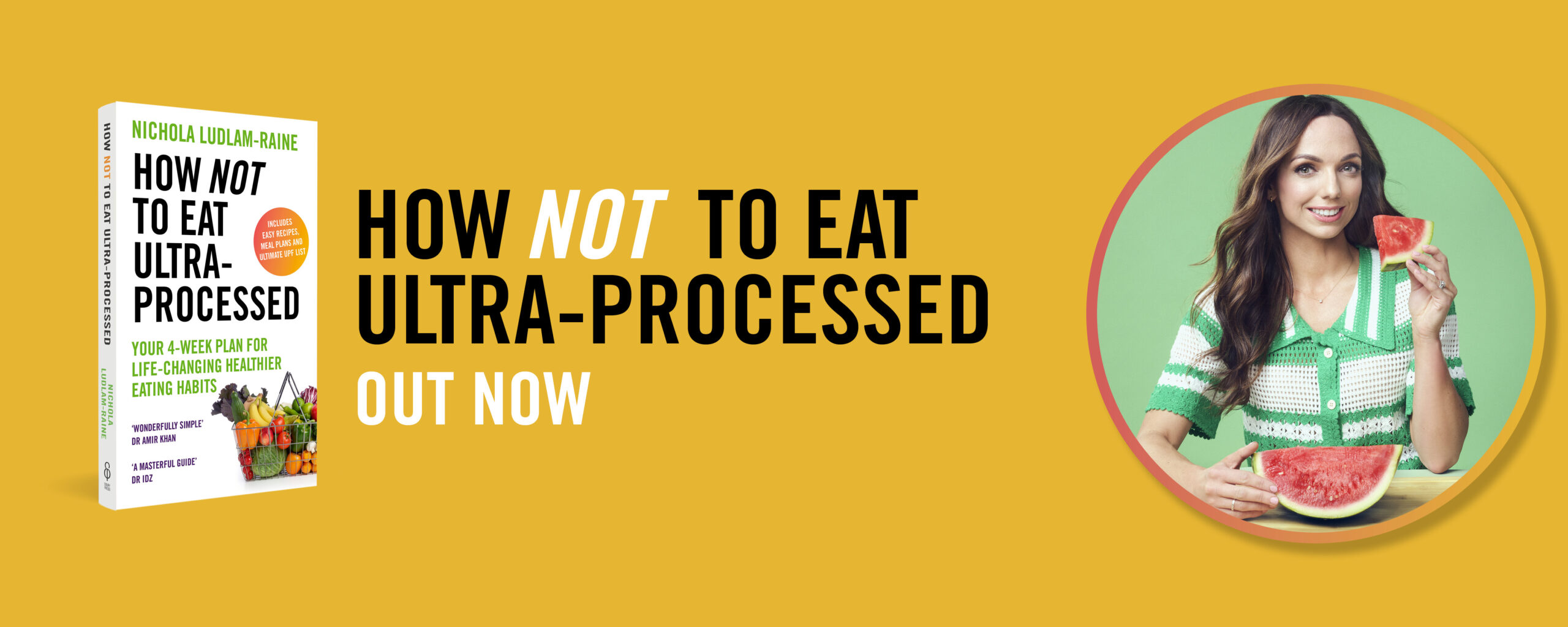
This week is Vitamin D awareness week (19th – 25th October) and to ‘celebrate’ I thought I’d write a blog post all about this essential ‘vitamin’.
From what it does, to where we get it from and information on supplements, carry on reading if you want to find out more about vitamin D!
- What is Vitamin D?
Vitamin D is often known as the “sunshine vitamin” as it’s made under the skin when exposed to the sun. Vitamin D is not actually a vitamin, it’s a hormone, and a lack of vitamin D can cause children to develop rickets (bone deformities) and adults to develop osteomalacia (weak bones). Low levels of vitamin D have also been linked to colorectal cancer in men and breast cancer in women.
- What does Vitamin D do in the body?
Vitamin D is responsible for helping the body to absorb calcium, a mineral essential for healthy bones and teeth. Vitamin D may also play a role in the health of our immune system, mood and cognitive function.
- Where do we get Vitamin D from?
Although most of the vitamin D we get is from the sunshine, it is found in a small number of foods including; oily fish such as salmon, mackerel and sardines, eggs, and fortified spreads and breakfast cereals. Regarding sun exposure, in the UK the UV light is only strong enough to make vitamin D on exposed skin from around 11am to 3pm from April until September. It is recommended to expose your skin to the sunshine two or three times a week for at least 15 minutes (before applying sunscreen), however it is not known if this amount is sufficient to maintain optimum levels of vitamin D during the winter months due to the number of factors that affect vitamin D production in the skin.
- Who is at risk of Vitamin D deficiency?
Groups of the population at risk of not making enough vitamin D in the body include all pregnant and breastfeeding women, babies and young children under the age of 5, people aged 65 and over, people who cover up their skin when outside or who stay indoors for long period and people who have darker coloured skin.
- Who needs a vitamin D supplement?
The Department of Health currently recommends that all pregnant and breast feeding women should take a daily supplement containing 10 mcg of vitamin D a day and all babies and children under 5 should take 7-8.5 mcg of vitamin D in the form of drops (babies who are fed infant formula do not need supplements until they are receiving less than 500ml of infant formula a day). People aged over 65 or those who aren’t exposed to mush sun are recommended to take a supplement containing 10 mcg of vitamin D a day.
Vitamin D3 (cholecalciferol) supplementation is recommended over D2 (ergocalciferol) supplementation as the D3 is used more effectively in the body. In addition to this, vitamin D is fat soluble, which means that it should be taken with a source of fat such as peanut butter, olive oil or a fish oil to help with absorption. If your vitamin D supplement comes as an oil-based capsule though (rather than a dry tablet), you can take this at any time of day.
- My Personal Experience
In my role as a dietitian I regularly see blood results of patients before undergoing hospital procedures and the majority are indeed vitamin D deficient (perhaps it’s because I live ‘up north’!) and as a result it is often at the forefront of my mind. Although many people are not deficient in vitamin D, most do not have an optimal level of vitamin D either. I personally take a 25 mcg (1000 IU) vitamin D supplement from MultiVits.co.uk (use the code VITD15 for 15% off if you need some yourself) during the winter months (October – March), which are pre-dissolved in olive oil to enhance absorption. This is something that I choose to do as I live ‘up north’ and in the summer months am often indoors at work or staring at a cloudy sky! It will be really interesting to see what the latest SACN report recommends once published (see draft guidelines below!), but for now the above recommendations still stand!
You can read more into vitamin D in the SACN Draft Vitamin D and Health Report which has been summarised nicely by the British Nutrition Foundation. You can also check out the NHS Choices Website, Examine and the BDA Food Fact Sheet for more information.
Do you take a vitamin D supplement? I would love to hear your thoughts!
*This blog post was written in collaboration with Multivits who provided me with samples of their vitamin D3 with olive oil to try (in previous years I have also taken a vitamin D supplement during the winter months). All words and opinions are my own. Please read my disclosure page for more information.

1 Comment